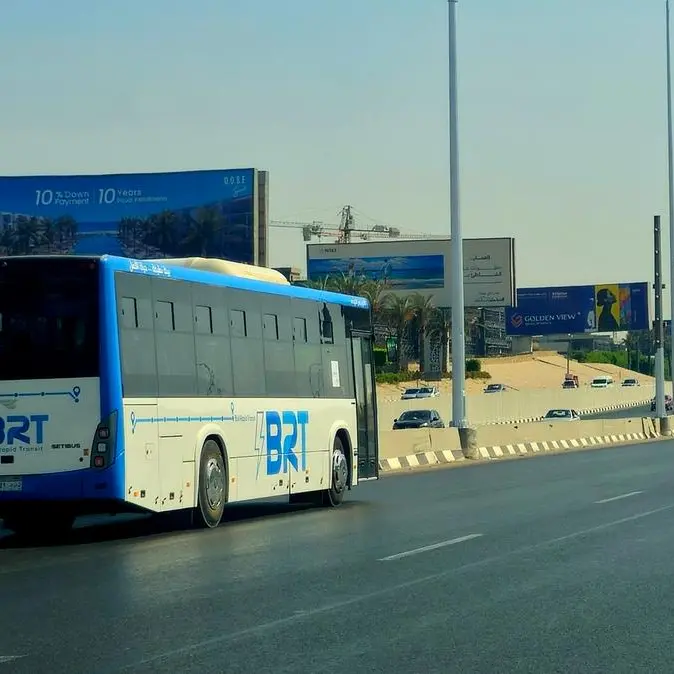21 December 2009
MUSCAT -- The first GCC eGovernment Conference and Exhibition currently being hosted by Oman's Information Technology Authority (ITA) at the Al Bustan Palace Hotel was preceded yesterday with a workshop on Information Communication Technology (ICT) access and usage in government sector. This workshop was attended by eGovernment statisticians within the Gulf Co-operation Council (GCC) countries and is part of the continued commitment to the education of individuals working in the eGovernment sector to ensure the ongoing development and improvement of eServices to citizens and residents across the GCC region.
ITA's CEO Dr Salim al Ruzaiqi opened the workshop and welcomed the participants. Following a discussion by workshop presenter Saleem Zoughbi, Regional Adviser -- ICT, of the Economic and Social Commission of Western Asia (ESCWA), United Nations, an ICT Case Study completed in Oman was presented for delegates to analyse in an effort to fully understand how ICT survey data can best be used. Similar case studies from Saudi Arabia, Bahrain, and Kuwait were briefly mentioned.
It was stressed the importance of this workshop is to understand how consideration of comparable statistics on access to, and the use of information and communication technologies (ICTs), is critical to formulating policies and strategies concerning ICT. Such statistics can be used as a tool in transforming governments from working in traditional ways to using technology in their day to day tasks. Workshop participants were informed about the process and methodology used to understand ICT indicators that add to the assessment and measurement of information society in the context of governmental work.
As well, they were acquainted in how to best analyse the data for assessing government usage of ICT and discussed different techniques and methods in gathering statistics. One of the most important aspects for effective eGovernment strategies in the GCC is ensuring that decision-makers and policy-makers have access to the most up to date statistics and knowhow to make use of ICT statistics. It is for this reason, country ICT case studies are necessary. The eGovernment Conference and Exhibition which begins today is intended to further create a platform for GCC eGovernment authorities to share their experiences, discuss the challenges of implementing eGovernance, and agree on the priority eServices to provide in the GCC.
MUSCAT -- The first GCC eGovernment Conference and Exhibition currently being hosted by Oman's Information Technology Authority (ITA) at the Al Bustan Palace Hotel was preceded yesterday with a workshop on Information Communication Technology (ICT) access and usage in government sector. This workshop was attended by eGovernment statisticians within the Gulf Co-operation Council (GCC) countries and is part of the continued commitment to the education of individuals working in the eGovernment sector to ensure the ongoing development and improvement of eServices to citizens and residents across the GCC region.
ITA's CEO Dr Salim al Ruzaiqi opened the workshop and welcomed the participants. Following a discussion by workshop presenter Saleem Zoughbi, Regional Adviser -- ICT, of the Economic and Social Commission of Western Asia (ESCWA), United Nations, an ICT Case Study completed in Oman was presented for delegates to analyse in an effort to fully understand how ICT survey data can best be used. Similar case studies from Saudi Arabia, Bahrain, and Kuwait were briefly mentioned.
It was stressed the importance of this workshop is to understand how consideration of comparable statistics on access to, and the use of information and communication technologies (ICTs), is critical to formulating policies and strategies concerning ICT. Such statistics can be used as a tool in transforming governments from working in traditional ways to using technology in their day to day tasks. Workshop participants were informed about the process and methodology used to understand ICT indicators that add to the assessment and measurement of information society in the context of governmental work.
As well, they were acquainted in how to best analyse the data for assessing government usage of ICT and discussed different techniques and methods in gathering statistics. One of the most important aspects for effective eGovernment strategies in the GCC is ensuring that decision-makers and policy-makers have access to the most up to date statistics and knowhow to make use of ICT statistics. It is for this reason, country ICT case studies are necessary. The eGovernment Conference and Exhibition which begins today is intended to further create a platform for GCC eGovernment authorities to share their experiences, discuss the challenges of implementing eGovernance, and agree on the priority eServices to provide in the GCC.
By Staff Reporter
© Oman Daily Observer 2009




















